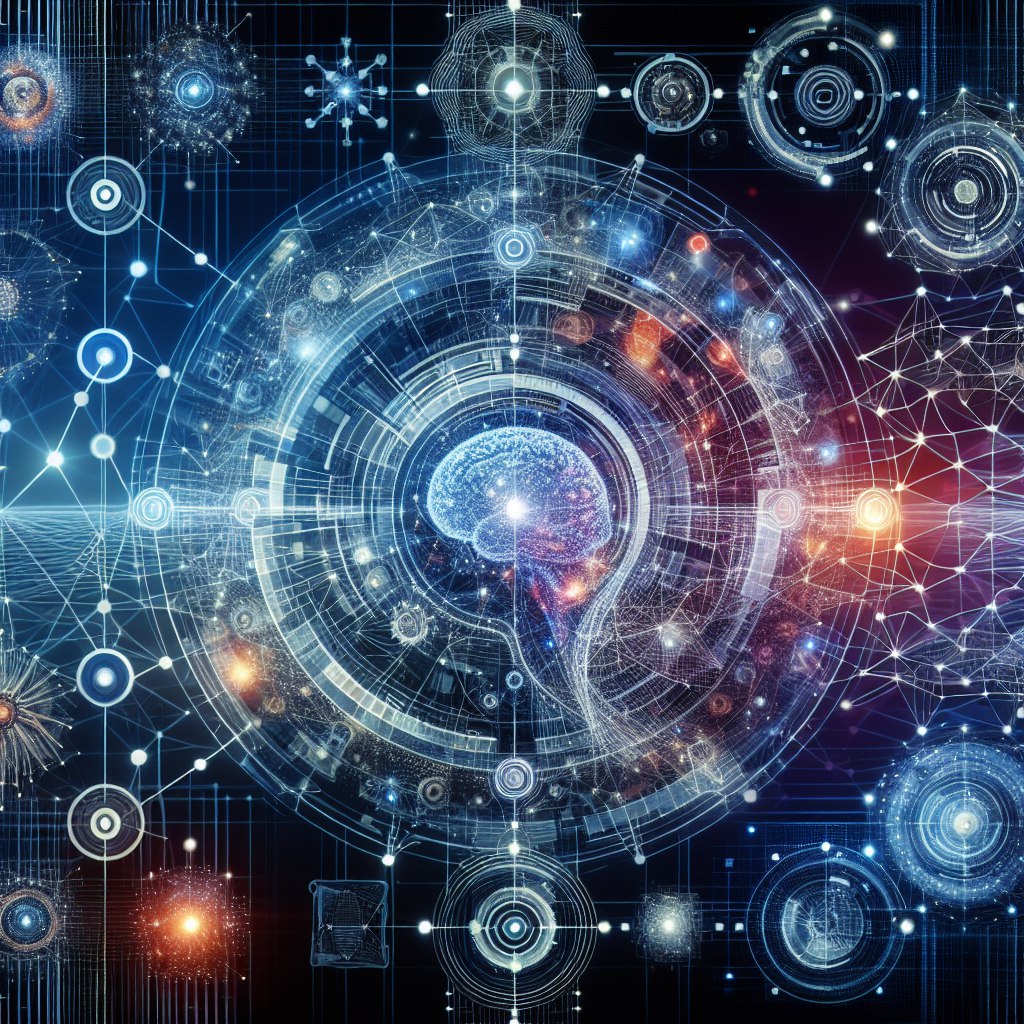Navigating the Web 5.0 Horizon: Crafting the Decentralized and Self-Sovereign Internet Experience
 Dara Gael
Dara Gael
What? web5? For some of you, it's probably the first time you've heard it. Don't be afraid of seeing this term used by everyone in the near future. It represents the future, and revolutionizes our relationship with the Internet. What exactly is web 5? Well, that's what we're going to find out next.
Definition
Web 5.0 represents the next evolutionary phase of the internet, characterized by a decentralized platform that seamlessly integrates artificial intelligence to understand and respond to human emotions. In this era, the internet is not just a repository of information but a dynamic and empathetic space where AI systems have the ability to comprehend and appropriately respond to the emotional states of users. The decentralized nature ensures that users have greater control over their data and interactions, fostering a more transparent and user-centric digital environment. Web 5.0 strives to create a harmonious synergy between decentralized technologies and emotionally intelligent AI, ushering in a new era of user experience and connectivity on the internet.
The web democratized the exchange of information, but it's missing a key layer: identity. We struggle to secure personal data with hundreds of accounts and passwords we can’t remember. On the web today, identity and personal data have become the property of third parties.
Web 5.0 covers several aspects such as:
Decentralized Identifiers (DIDs)
Decentralized Web Node
Self-Sovereign Identity Service
Self-Sovereign Identity SDK
Self-Sovereign Identity Console
We will overview the first aspect of the thing first.
So what's Decentralized Identifiers (DIDs) ? 🤔
Decentralized Identifiers (DIDs) stand as the bedrock of individual identity in the Web 5.0 landscape, fundamentally altering how users establish and manage their online personas. Unlike traditional identifiers tied to centralized entities, such as email addresses or social media logins, DIDs provide a secure and decentralized mechanism for individuals to assert control over their digital identity.
Cryptographic Assurance: At the heart of DIDs lies cryptographic assurance. Each user is assigned a unique identifier that is cryptographically secure, ensuring that the ownership and authenticity of the identifier are verifiable. This cryptographic foundation not only enhances security but also eliminates the need for central authorities to validate identity, giving users unprecedented autonomy.
Decentralized Ledger Integration: DIDs often leverage decentralized ledger technologies, such as blockchain, to store and manage identity information. This integration ensures the immutability and transparency of identity records. Blockchain's decentralized nature contributes to the resilience and trustworthiness of DIDs, mitigating the risk of single points of failure or malicious manipulation.
User-Controlled Identity: Unlike traditional identity systems where third parties control and validate user identities, DIDs put users in the driver's seat. Individuals possess private keys that unlock and control their DIDs, allowing them to selectively disclose information while maintaining ownership of their personal data. This user-centric approach empowers individuals to share only the necessary information for specific interactions.
4. Interoperability Across Platforms: DIDs are designed to be interoperable, facilitating seamless integration across various platforms and applications. This interoperability ensures that users can use their decentralized identifiers consistently across different services, eliminating the need for redundant identity creation and enhancing the user experience.
Privacy by Design: Privacy is a paramount concern in the Web 5.0 landscape, and DIDs prioritize privacy by design. Users have granular control over what aspects of their identity they disclose, minimizing the risk of unnecessary exposure. This not only enhances user privacy but also aligns with evolving data protection regulations.
6. Open Standards and Collaboration: DIDs operate on open standards, fostering collaboration across the technology landscape. The development and adoption of standards ensure that DIDs can be universally recognized and implemented, promoting a cohesive and inclusive digital identity ecosystem.
Use Cases: DIDs find application in a myriad of scenarios, ranging from secure online logins and authentication to identity verification in decentralized finance (DeFi) platforms. They also play a crucial role in enabling self-sovereign identity, allowing users to maintain control over their identity without reliance on central authorities.
Subscribe to my newsletter
Read articles from Dara Gael directly inside your inbox. Subscribe to the newsletter, and don't miss out.
Written by
